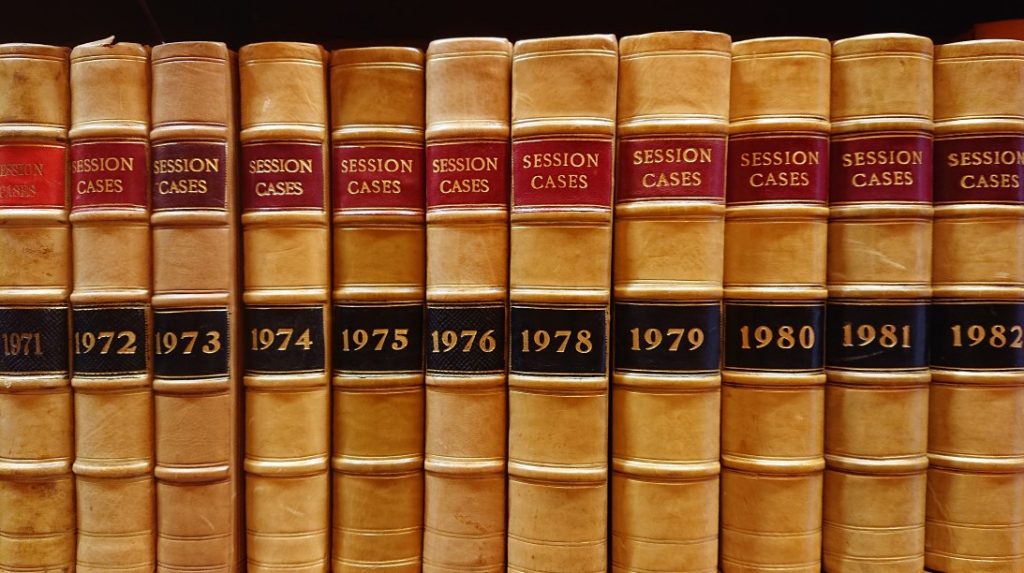We want to alert students to a change we’re dealing with regarding Bloomsbury Professional ebooks which were formerly offered on the LexisLibrary platform.. Unfortunately going forward these will no longer be available on this database, and we’re working on access to them via Bloomsbury’s own platform instead.
The courses affected are mainly Property, Evidence, Criminal, Employment, and Contract Law, and the book titles are as follows:
- Walker & Walker: The Law of Evidence in Scotland
- A fingertip guide to Scots Criminal law
- Commercial Leases
- McDonald’s Conveyancing Manual
- Conveyancing Practice in Scotland
- Property Trusts and Succession
- Mental Health, Incapacity and the Law in Scotland
- Scottish Law of Leases
- Scots Criminal Law
- Employment Law in Scotland
- Contract Law in Scotland
- Missives
- Scottish Planning Law
- Scottish Older Client Law Service
- Drafting Wills in Scotland
- International Sucession Laws
- Thomson’s Delictual Liability
- Tolley’s Estate Planning
- Tolley’s Inheritance Tax
- Tolley’s Company Law Handbook
- Style Writs in the Sheriff Court
While negotiations are ongoing with Bloomsbury (and until the end of May 2023) we’ll be able to access all of these titles using a trial they’ve given us to their own platform, providing students from 2022/23 access through the end of Semester Two exams. The procedure for finding these books is as follows:
- Visit the EResources Trials page
- Click on ‘Bloomsbury Professional Scots Law Titles’
- You will be prompted to log in with your usual username and password.
- You’ll arrive at a page that will give you the username and password to use on the Bloomsbury site
- Click the link to Bloomsbury (it helps to do this in a new tab or window so you can copy the log in details), then enter the username and password to log in.
- Use the navigation on the left hand side to access the title of the book you need.
This information has been added to the DiscoverEd records for these books, and I will also be circulating it via newsletters, blogs and other communication channels. Please do share this information with your classmates to assist them with their study or research if they require access to these books.
If you have any issues accessing these items please email us on law.librarian@ed.ac.uk.












